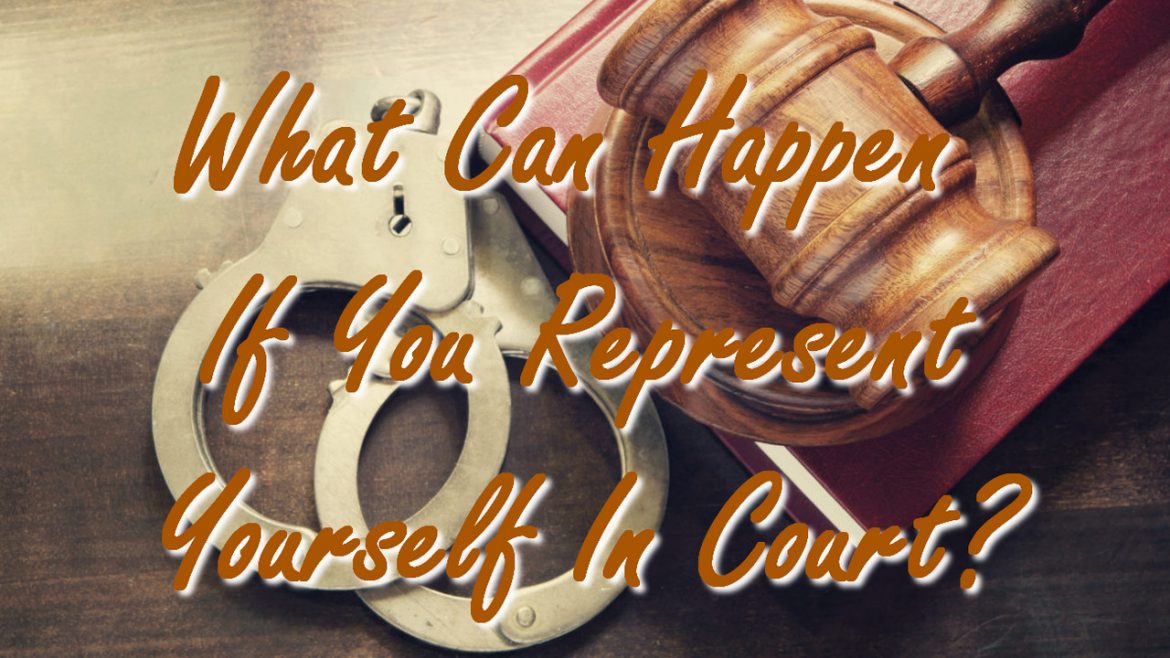What Can Happen If You Represent Yourself In Court?
People appear in court without a lawyer. This process is called “prose.” Although it seems to be a bit scary and risky, it might be because of many reasons like civil cases. Many lower and middle segment classes cannot afford a lawyer, and the court allows you to represent yourself in front of the honorable court. But it is crucial before you decide to represent yourself that you must be well prepared for the case hearings and court rules and procedures. And if you are looking for a well-reputed law firm, pay attention to Fort Lee attorney to avoid any inconvenience.
You Must Know About your Courtroom and Case Proceedings

A person needs to be completely aware of the hearing dates and the location, i.e., courtroom, to reduce your time for finding the concerned courtroom. The ‘prose’ must calculate the time and schedule while appearing in the court, as we all know that if the concerned lawyer is not present at the time of hearing the court dismisses or gives you another date of hearing which will be not a good gesture in either way.
Present in a Professional Way

Don’t think that if you’re not a lawyer so you can represent informally (dress code), instead try to wear a professional dress and act like a professional legal person. Don’t panic and try to defend your argument with a logical reference, this will give a good impression of yours to the honorable court. You don’t need to buy the same barrister uniform, but the dress code must resemble it. Newcomers make some niche mistakes by letting the smart (electronic) gadgets with them as strictly prohibited in the courtroom. Suppose you’re found in video or audio recording or even your cell phone rings unintentionally. In that case, the court can be captured as it is awful, and that creates the disturbance during the proceeding. Never overlap the opponent’s discussion, you’ll have proper time on your turn.
Prepare for the Case
All you need is to defend/fight the case in a professional and better manner. Likewise, you must have enough witnesses and evidence to put the weight on your side. Never go without evidence or preparation. The judge may even instruct you to provide some limited (specified) form of proof, so don’t get nervous or frustrated. Instead, try to elaborate on the argument in the scenario. Make sure to have the extra photocopies of the shreds of evidence you’re submitting in front of the court and try to work on your core witnesses or accused.
Usually, people hesitate to represent themselves in front of the court because the case may be misled. It can happen that applications are not even accepted for hearing. While if you lose the case, the court might direct you to pay the expenses of the attorney you have tried to save and compensate the cost incurred by the opposition (another side) because you have wasted the precious time of the court.

